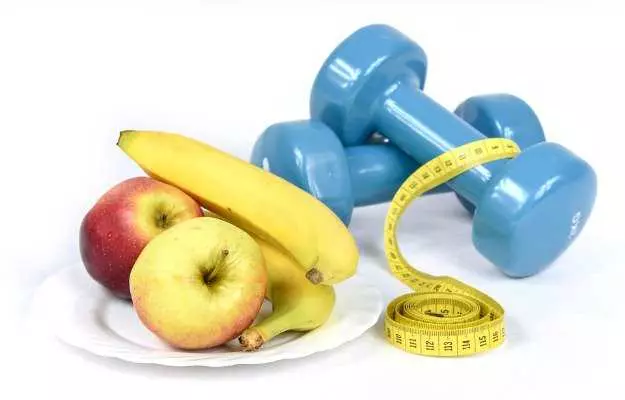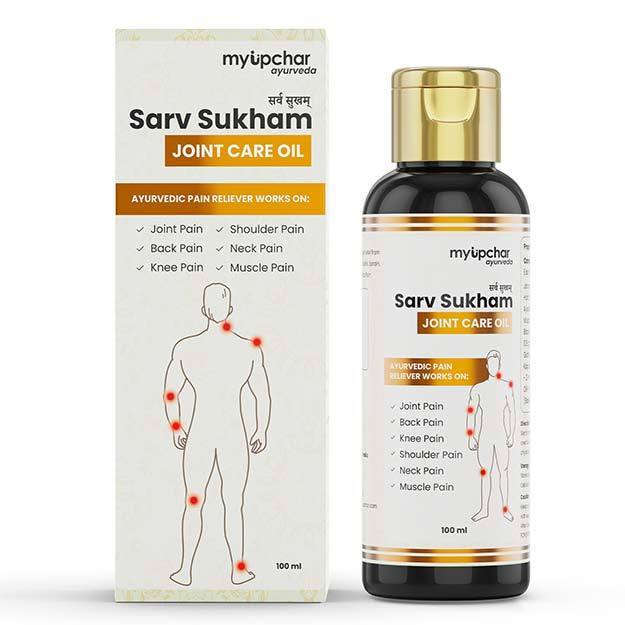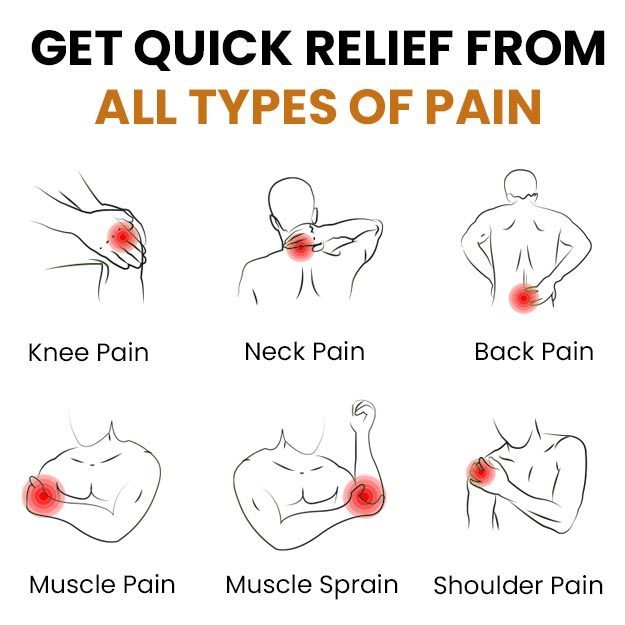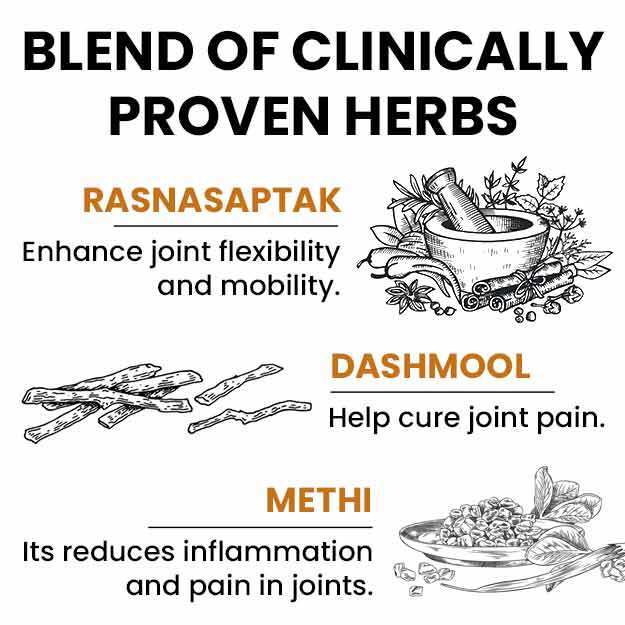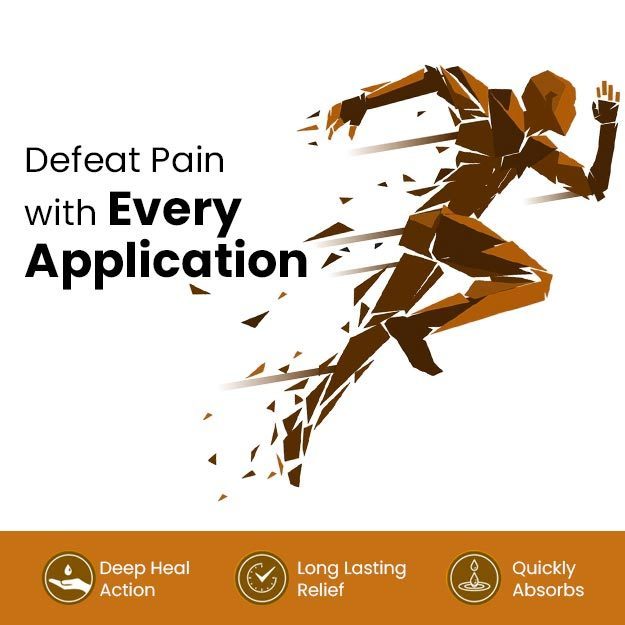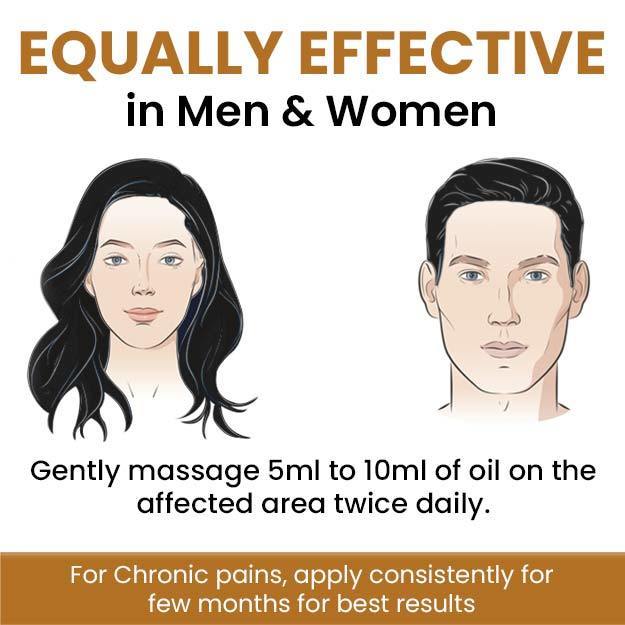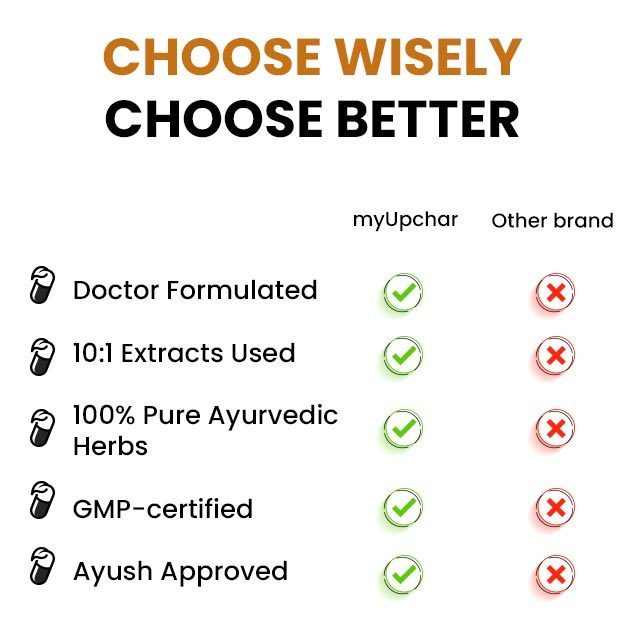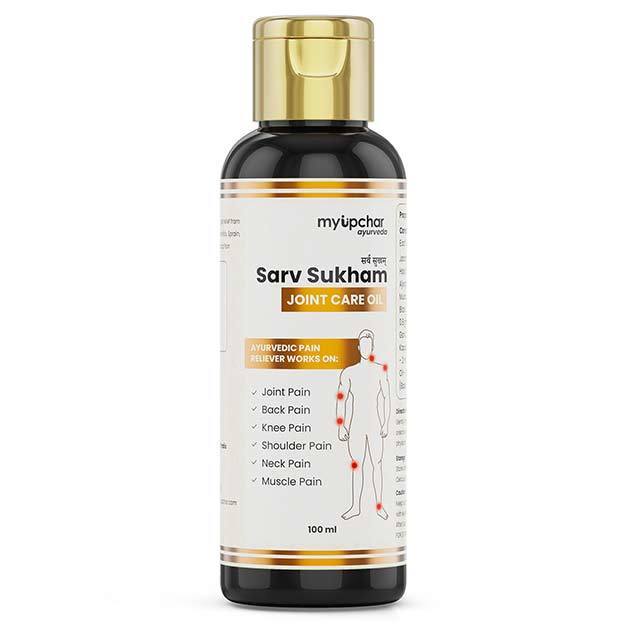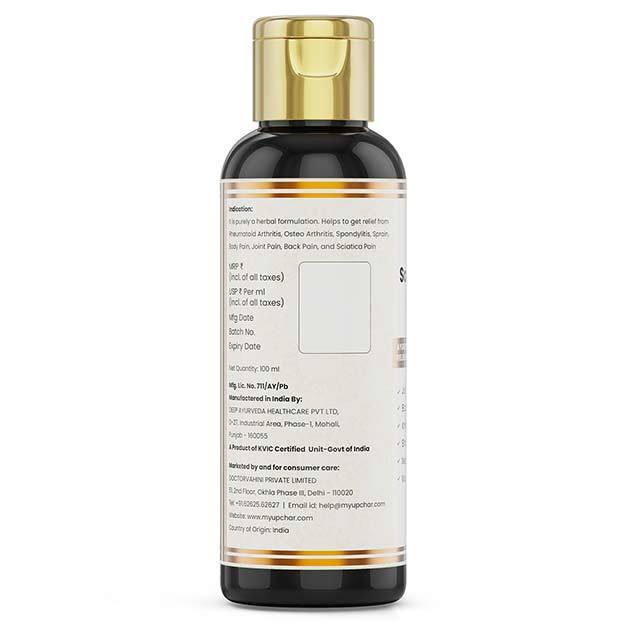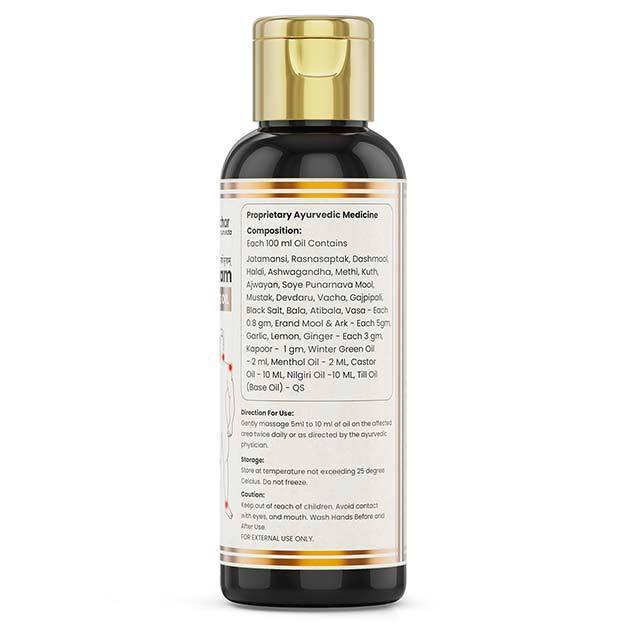Dairy products are the most easily available and rich protein sources. They are not only rich in essential amino acids but also provide a good source of nutrients which promote muscle buildup and good health. Let us have a look at some common ways you can add dairy to your bodybuilding diet.
Milk
Milk is probably one of the most feared and underestimated foods when it comes to any kind of weight loss or weight management program. Partly because of its high-fat content and partly because of all the many rumours about its health threats. But again any food could be harmful when in excess, so can be milk.
Truth is that milk is one of the healthiest foods which provides a major portion of your daily nutritional requirements. It contains whey and casein, both of which provide essential amino acids essential for building muscles.
Studies demonstrate that milk consumption along with resistance training significantly improves muscle growth.
Further, whey protein has been found to be more beneficial than soy proteins in building lean muscles as it is readily absorbed by the body.
Though casein slows down the uptake of protein, it might just be an added benefit in the form of a gradual supply of milk proteins.
Additionally, milk contains calcium and vitamin D which are considered essential supplements for bodybuilding women.
The total milk requirement depends on the person and body type. However, about ½ litres of fat-free milk per day has been found to improve muscle mass in clinical studies.
Cottage cheese
Just like milk, cottage cheese is rich in muscle building amino acids. However, it does not contain as much whey and is rich in casein instead. It helps you gain muscle mass gradually. Also, cottage cheese hosts a good amount of calcium and vitamins which aid in strengthening bones and improving metabolism. Depending on the variety, the protein and fat content of cottage cheese may vary. You can opt for a variety suitable to your needs. And what’s more, it tastes good and there are a million ways to cook it. Add it in your breakfast salad or make a healthy cheese sandwich. The choices are endless.
Yoghurt
If you are lactose intolerant and are not a cheese fan, you can still opt for a dairy source: yoghurt. Yoghurt supplies you with all the benefits of dairy products along with improving your gut microflora. It is easier to digest and the prebiotic benefits of yoghurt aid in improving digestion too! Just ensure to consume in moderation. The casein to whey ratio of yoghurt may vary depending on the source. But, it contains enough to add to your bodybuilding requirements.
Studies suggest a higher fat loss on consumption of yoghurt along with an otherwise high-calorie intake. Yoghurt is a yummy addition to any meal but you can add fruits, nuts or honey to make it healthier along with giving it some flavours.

